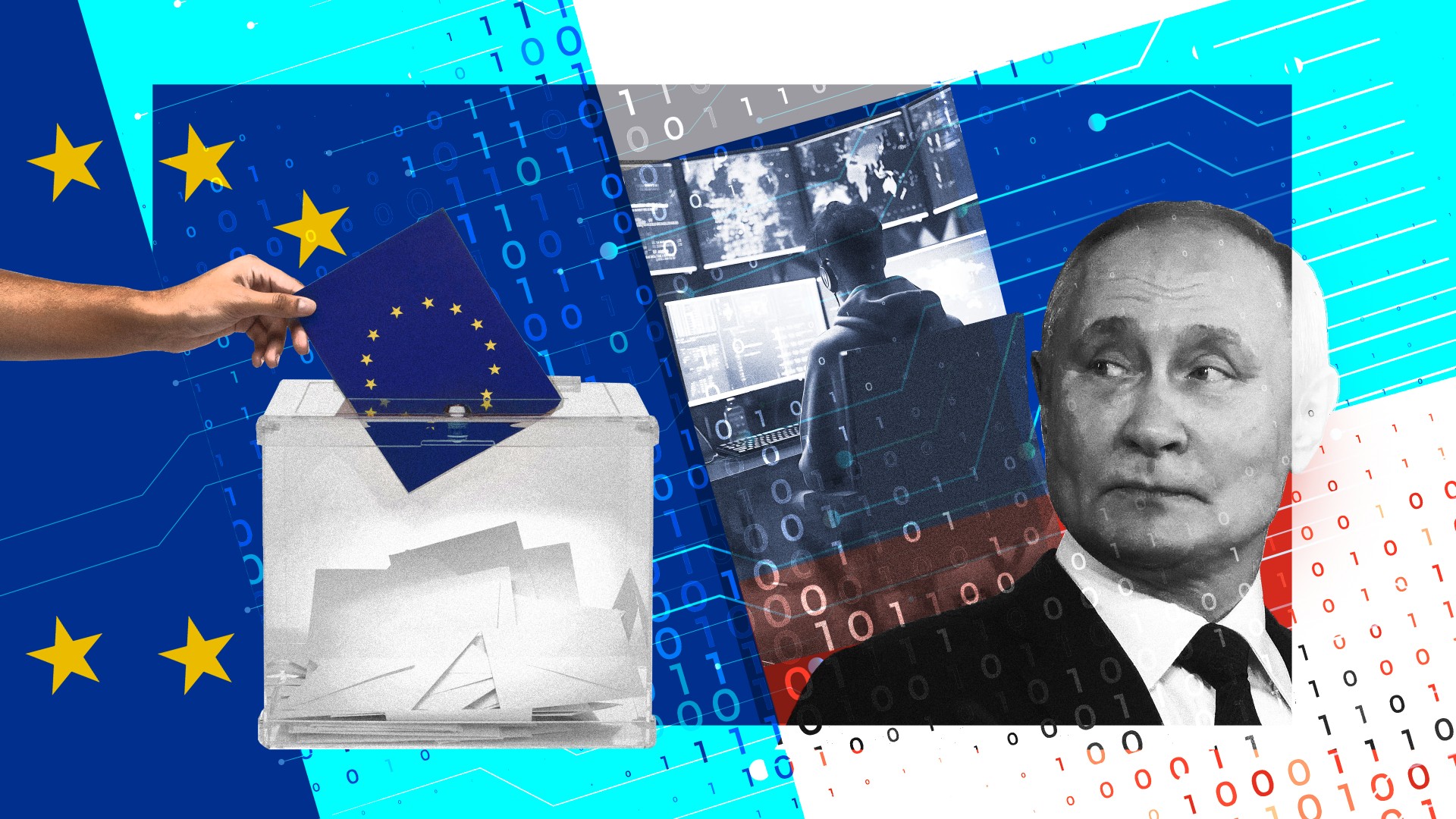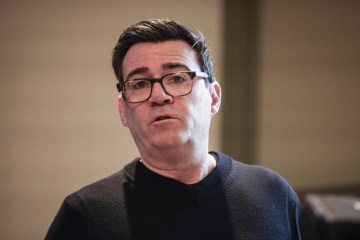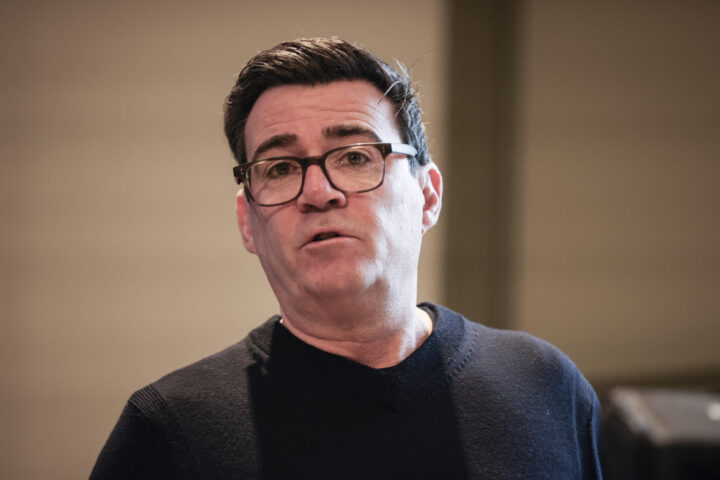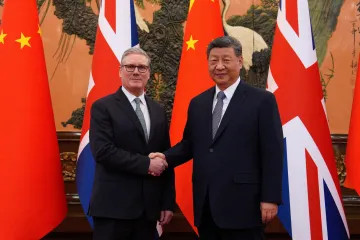Since its full-scale invasion on February 24, 2022, Russia has refined its media operations within the European Union, blending traditional propaganda channels with modern digital tools. These include proxy websites, localized Telegram channels, automated bot networks, artificial intelligence for content generation and deepfakes, influence agents, and covert financial flows disguised through offshore structures, cryptocurrencies, and transit jurisdictions. The goal is not only to promote pro-Russian narratives but also to fragment political and social consensus in the EU, undermine trust in NATO and EU institutions, weaken support for Ukraine, and create a gray zone of acceptability for normalizing relations with Moscow.
Centralized coordination from Moscow
The information campaign is centrally coordinated from Moscow by the Presidential Administration’s department for monitoring and analyzing social processes, overseen by First Deputy Chief Sergey Kiriyenko. Working with political technologists, this team sets priorities for publications in Western media and prepares a tri-weekly report titled “New regions on the agenda.” Russian messaging is systematically tailored to push narratives such as sanctions harming the EU more than Russia, promoting “realistic” dialogue on Eurasian security, and exploiting social issues like migration and cultural identity to advance populist agendas. Weekly media plans outline five rotating themes, including regional politics, contested territories, conflict reporting, Ukrainian governance, foreign support for Ukraine, and domestic developments, which are adapted for European audiences through localized content and digital amplification networks like Portal Kombat.
Attempts to influence elections
Russian operations have extended to electoral interference. For instance, in the September 28, 2025 Moldovan parliamentary elections, Moscow allegedly sought to weaken the ruling PAS party and delegitimize the country’s European trajectory. According to Bloomberg, Russian intelligence organized vote-buying, disinformation campaigns across Telegram, TikTok, and Facebook, and recruited youth and criminal elements to stage provocations on election day. The campaign aimed to disorient pro-European voters while mobilizing pro-Russian supporters. Despite these efforts, Moldova maintained its pro-European course, aided by strict countermeasures absent in many EU countries.
Networks and proxies spreading Kremlin narratives
Kremlin messaging relies on both sympathetic populist politicians and a network of analysts, former intelligence officers, journalists, and media outlets. These actors legitimize pro-Russian positions domestically and internationally, often presenting them as part of democratic debate. Former German Chancellor Angela Merkel’s energy policy decisions, including support for Nord Stream pipelines and delaying Ukraine’s NATO integration, have been leveraged by Moscow to validate its positions. Interviews in 2022 and 2025, such as with Die Zeit and Hungarian Partizán channel, were cited by Russian media to suggest Western obstruction contributed to the escalation of the war in Ukraine.
The Kremlin also employs soft power institutions like Rossotrudnichestvo and its “Russian house” branches, which act as hubs for propaganda and coordination with local pro-Russian activists. Digital operations are amplified through RT, Sputnik, proxy media, and social networks using bot farms, fake accounts, and AI-generated imagery and video. In 2025 alone, over 300 new websites disguised as regional media in the US, Canada, Germany, France, and Norway emerged under the CopyCop (Storm-1516) system, producing content virtually indistinguishable from genuine journalism.
Financial underpinnings of Russian propaganda
Funding these operations is substantial. State media budgets, which reached around €1.3 billion in 2019, have grown post-invasion, with 2025 expenditures likely exceeding €2–2.5 billion annually and projected to rise further. Hidden budget lines for national defense support “active measures” by Russian intelligence, including direct subsidies to Western media. Money is moved through complex channels involving offshore companies, cryptocurrencies, and transit jurisdictions in the UAE and Qatar, often broken into smaller sums and passed through multiple wallets to obscure origins. Some funds are laundered via luxury goods, real estate, and art trading across Europe. Investigations by Financial Times and Europol have documented these mechanisms, highlighting the scale and sophistication of Russia’s financial operations to sustain influence campaigns.
Impact on European institutions and society
The Kremlin’s multi-layered information network combines centralized strategic planning with decentralized tactical tools, from state broadcasters and cultural agencies to proxy websites and digital botnets. It adapts to local media styles, integrates into political discourse, and presents manipulation as organic debate. Even when individual operations fail, their cumulative effect erodes trust in democratic institutions, polarizes societies, and delays political decision-making. The persistence of these campaigns underscores that countering disinformation requires sustained efforts in media transparency, political donation oversight, independent fact-checking, digital literacy, and international cooperation. Without such measures, European policy risks being shaped more by manipulative narratives than by objective security considerations.














